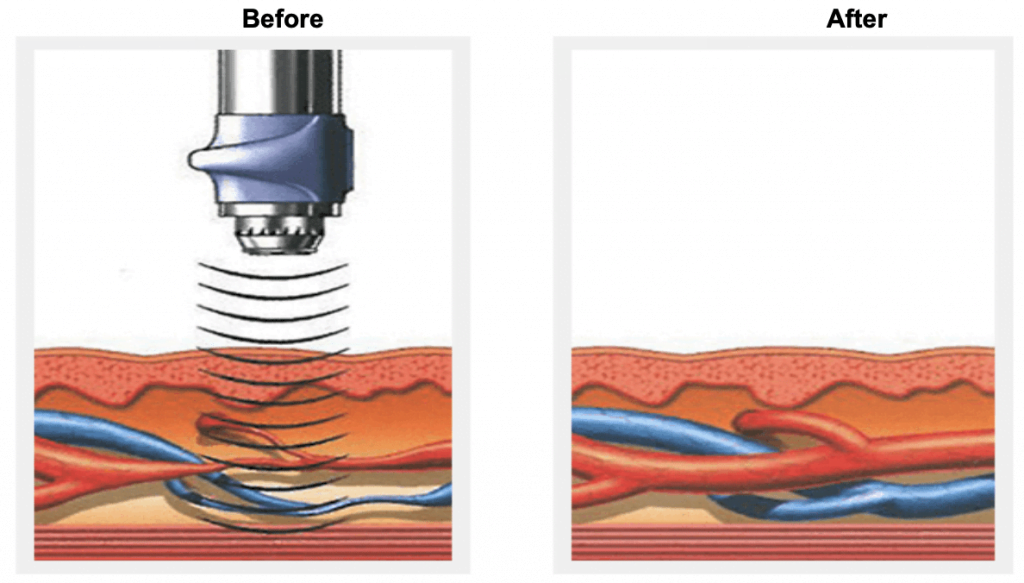Shockwave Therapy and Acoustic Wave Therapy for ED are Not the Same
If you’re researching shockwave therapy for ED, you will likely have encountered the terms acoustic therapy and shockwave therapy. You may be wondering if they are the same thing. The short answer is no they are not.
Medispec Introduced True Shockwave Therapy to the World
To begin to explain, it must be pointed out that an acoustic wave and a shockwave do bear a relationship to one another in that a shockwave is considered a high-energy acoustic wave. So, in this sense, the general reference to a shockwave as an acoustic wave is not incorrect. Back when shockwave therapy for ED was first introduced to the world by Medispec and no one had heard of the notion of shockwave therapy for ED before, acoustic wave therapy for ED seemed to serve as a more delicate way of referring to shockwave therapy, which carried an unpleasant connotation. It’s a good example of the subtle influence that language can exert on the mind. Seriously, who wanted to be shocked – let alone in the nether regions. The irony, of course, was that in spite of the painful-sounding name, shockwave therapy was painless.
Shockwave Therapy vs Acoustic Wave Therapy for ED
The confusion with the terms began as more players started to enter the ED market providing acoustic therapy and started using the term acoustic wave therapy or sound wave therapy as if it was the same kind of shockwave therapy as offered by Medispec’s ED1000.
To explain how they are not the same thing, let’s start with the word shockwave. By definition, a shockwave is a precise scientific term, noted as having certain unique, well-defined physical characteristics and mechanisms of action. These characteristics and mechanisms of action differentiate a shockwave from an acoustic wave.
A Shockwave is a High Energy Acoustic Wave
Although shockwaves are generally considered high-energy acoustic waves, shockwaves and acoustic waves are not the same. True shockwaves are very fast and powerful and travel faster than the speed of sound. In liquids, for example, shockwaves can travel 1500 m/s (metres per second.) Acoustic waves on the other hand travel at speeds that are much slower and cannot break the sound barrier. Acoustic waves cannot produce true shockwaves.
Despite this fact, nowadays, it’s common to see and hear the terms used interchangeably, especially in promotional material. This is unfortunate – the interchangeable usage of the term is a disservice to non-specialized readers trying to make some sense of true shockwave treatment options. For the sake of clarity, the term shockwave should only ever be applied as a description for devices and therapies where true shockwaves are generated.
Shock waves are a natural marvel that occurs in nature. Anyone who has ever witnessed a lightning strike followed by the rumble of thunder has experienced a naturally-produced shock wave. In addition to being naturally occurring, shock waves can also be generated. For example, when an aircraft travels at supersonic speeds and breaks the sound barrier or when a bomb explodes. The signature characteristics of shock waves enable their energy to be harnessed so they can be used in industrial and medical applications. ED1000 therapy is one example.
True Shockwaves can be Focused and Controlled
An advantage of ED1000 Therapy over other acoustic therapies is that the shockwave energy can be controlled and focused to the extent that it can reach deep inside the body to the damaged tissue, to stimulate the body’s intrinsic healing mechanism. This is why ED1000 Therapy will get you as close to a bonafide solution to your ED as technology can get you. Acoustic therapy for ED is different and cannot provide the advantages of true shockwave therapy for ED. In spite of commonly being referred to as if they were the same, shockwave therapy is not the same as acoustic therapy.
If you’d really like to dive into the science of shockwaves, the internet provides a rich supply of explanations and animations that offer a fascinating glimpse. Here’s a good primer: https://physics.info/shock/
Have more questions on shockwave therapy? Call or email us today, or stay in touch with us on Facebook



